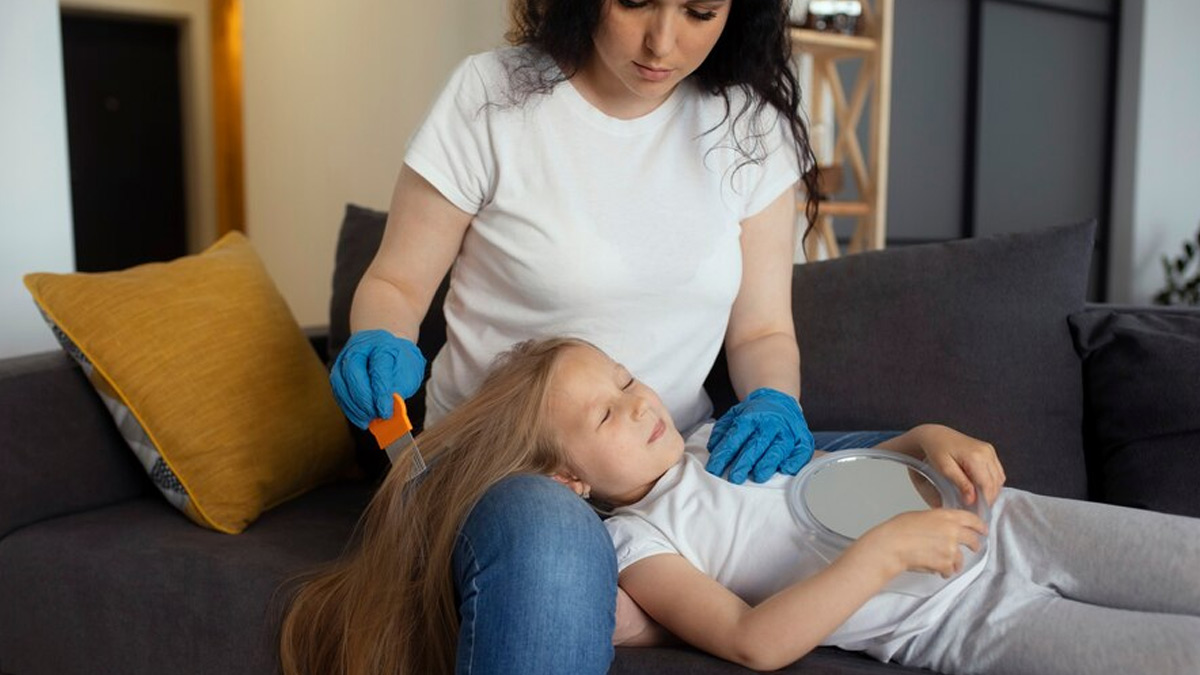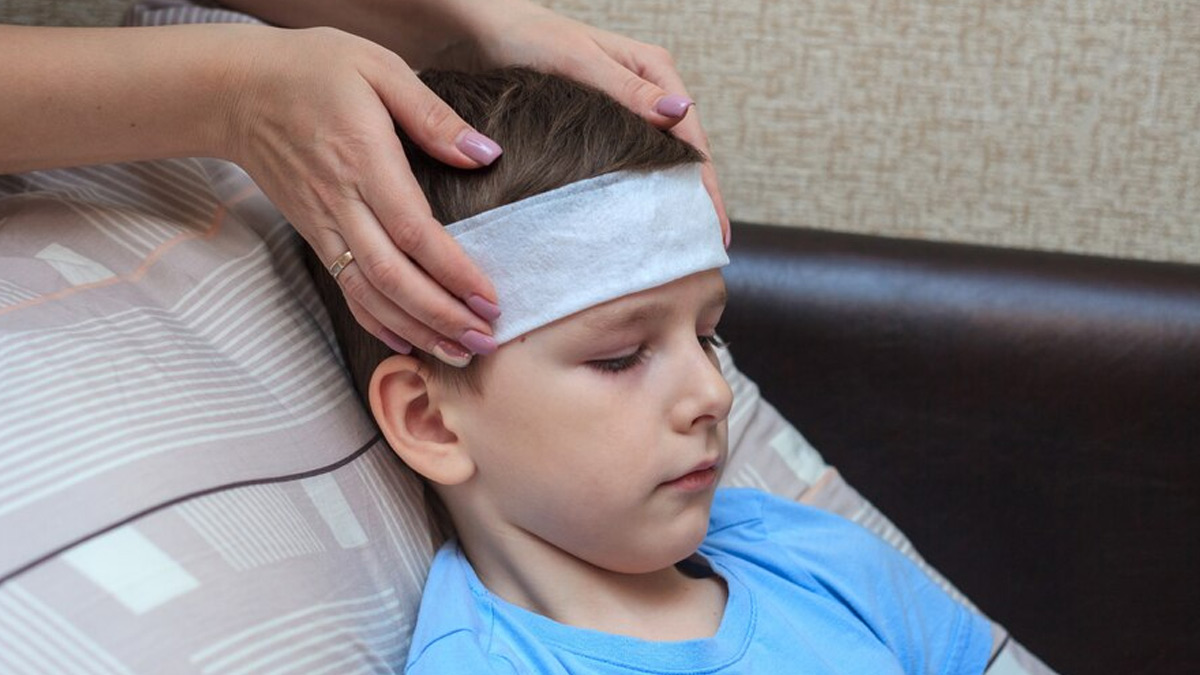
Epilepsy is a brain condition that occurs due to abnormal electrical brain activity, also known as a seizure. The condition can affect people of all ages, including children, but can be more prone in those with previous head trauma, stroke, brain tumours, and certain genetic factors.
Table of Content:-
When it comes to epilepsy, a seizure is the most common and noticeable sign. However, when it comes to epilepsy in children, it is crucial to watch out for signs that may go beyond just seizures. This is because seizures can sometimes be subtle and brief, also called absence seizures. These types of seizures can go unnoticed, and caregivers may not even realise they are happening. Reportedly, absence seizures affect an estimated 6-8 out of every 100,000 children younger than 15 years old each year.
Dr (Lt Gen) CS Narayanan, VSM, Chairman of the Institute of Neurosciences at Manipal Hospital, Dwarka, New Delhi, shares key insights on identifying epilepsy signs in children beyond just seizures.
Seizure—A Common Epilepsy Symptom

According to Dr Narayanan, epilepsy affects about one in 100 children worldwide and is a common neurological disorder. It often begins in early childhood or adolescence, with some cases resolving over time while others persist into adulthood.
A seizure is a classic sign of epilepsy. While one seizure does not signify epilepsy, the World Health Organization (WHO) suggests that it is defined as having two or more unprovoked seizures.
The good news is that an estimated 25% of epilepsy cases are potentially preventable, and up to an estimated 70% of people living with epilepsy could live seizure-free if properly diagnosed and treated.
Therefore, it is important to recognise the early signs of epilepsy in children, which also include symptoms that aren’t just seizures.
Signs Of Epilepsy In Children That Go Beyond Seizures

Signs of epilepsy can be divided into different categories:
Behavioural and cognitive changes:
- Brief staring spells or spacing out mistaken for daydreaming
- Sudden pauses in speech or activity without awareness
- Unexplained confusion
- Frequent frustration due to brain activity changes
- Difficulty following instructions
Sleep issues:
- Frequent night waking or unusual movements during sleep
- Grinding teeth that disrupts sleep
- Waking up confused or disoriented without clear reason
- Sleepwalking-like episodes
Also Read: Is Your Child ‘Zoning Out’ Too Often? Know All About Absence Seizures And Management Tips
Attention span and learning problems:
- Focusing becomes difficult due to fatigue from seizures or medications.
- Slower processing speed leading to difficulty keeping up in class
- Inconsistent attention spans due to brief seizure episodes
- Seizure-related brain disruptions, affecting memory formation
Emotional changes
- Irritability or mood swings due to brain activity fluctuations
- Increased anxiety, particularly in older children
- Frustration from cognitive difficulties potentially affecting self-esteem
- Emotional outbursts or sudden crying episodes without clear triggers
Physical symptoms:

- Frequent headaches or migraines
- Unexplained muscle twitches or jerks
- Recurrent dizziness or fainting spells
- Sudden nausea or stomach discomfort
- Episodes of unresponsiveness or staring
Conclusion
Unfortunately, epilepsy isn't curable. But it can be controlled with medication and other treatments. The important part is to identify it early on and consult healthcare providers for the way forward. While seizures can be a telltale sign of epilepsy in children, parents shouldn't rely entirely on them and should pay attention to other behavioural, cognitive, emotional, sleep, and physical changes.
Also watch this video
How we keep this article up to date:
We work with experts and keep a close eye on the latest in health and wellness. Whenever there is a new research or helpful information, we update our articles with accurate and useful advice.
Current Version